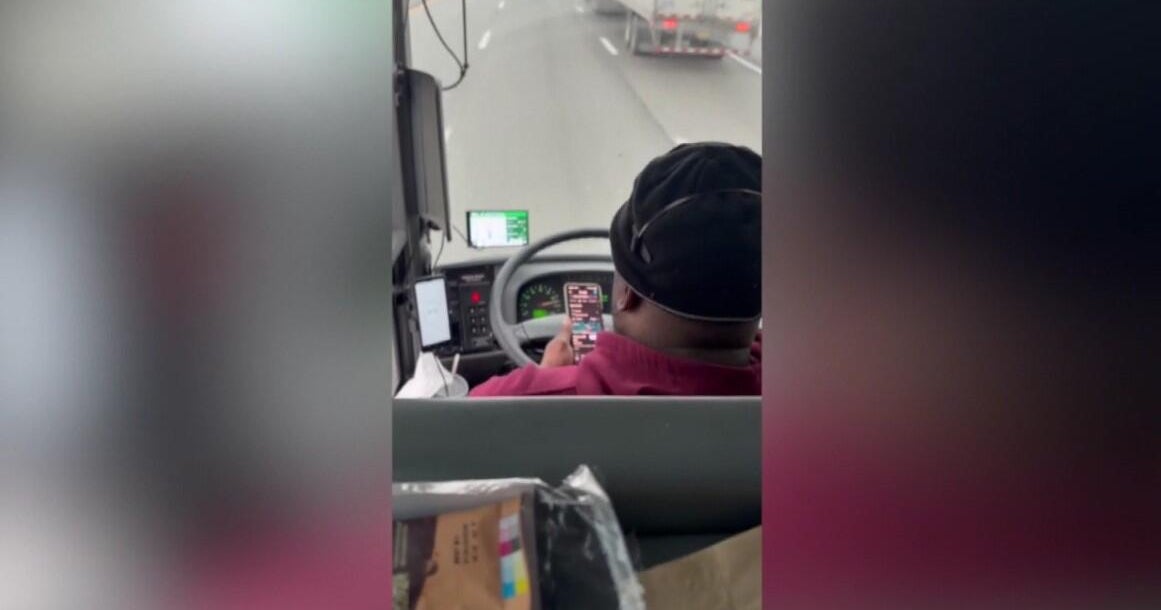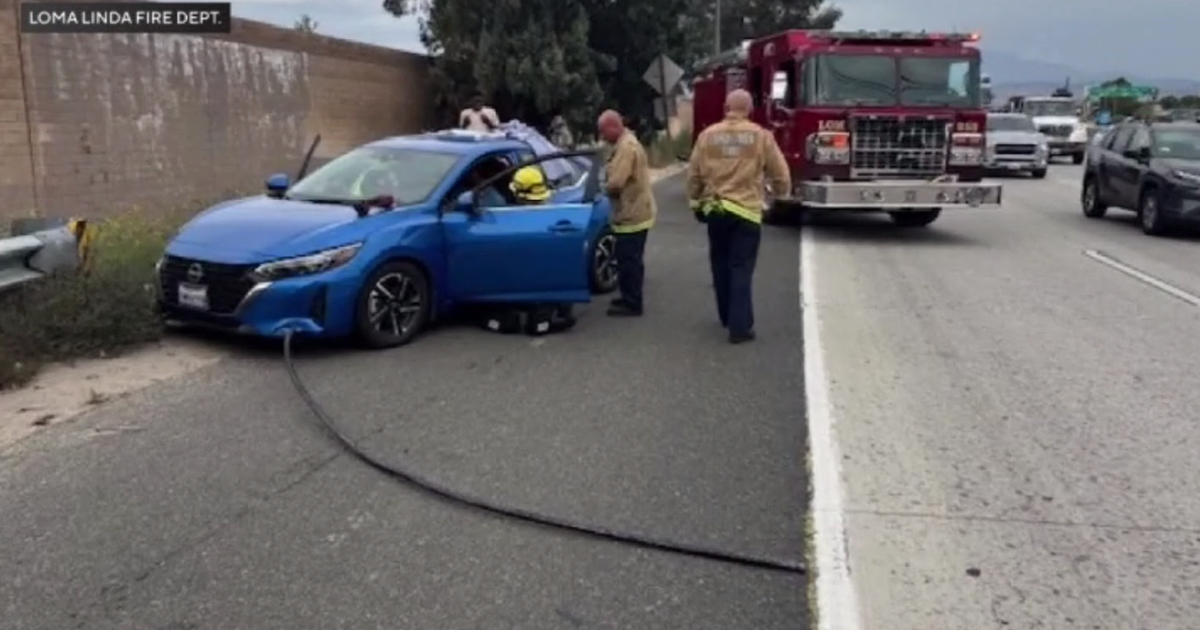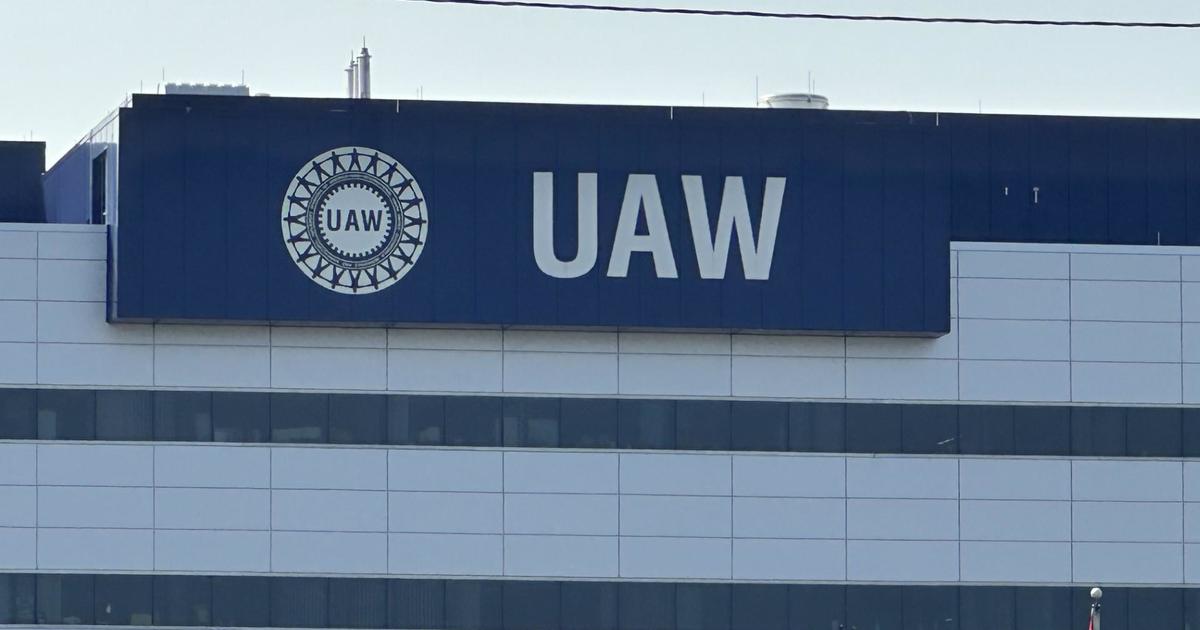AAA Study: Android Auto And CarPlay Less Distracting, But Not Safe While Driving
CHICAGO (CBS) -- A new study by the AAA has examined the impact of vehicle infotainment systems on distracted driving.
The study found some systems that come built-in with most new cars aren't making the grade.
According to the AAA study, it takes longer to make a phone call with a dashboard touchscreen system than it should, and longer to get driving directions. AAA said dashboard information systems should not be used to perform complex tasks while driving.
Researchers found Apple CarPlay and Google's Android Auto are less distracting for drivers than other systems now on the market.
Making a hands-free calls with the apps from Apple and Google is at least 20 percent less distracting than using built-in systems. Both apps send information from a user's phone or mobile device to their car's dashboard information systems.
"Both Android Auto and CarPlay have developed systems that are far easier to use. They take a shorter period of time to perform very similar kinds of activities," said Dr. David Strayer, a cognitive neuroscientist at the University of Utah.
Even though those apps are easier to use than built-in systems, the study found they are still distracting enough to create unsafe conditions for drivers while the car is moving.
Among the worst-performing built-in systems were those offered by high-end automakers like BMW, Range Rover, and Mercedes.
More than 75 drivers tested the systems in 10 new 2017 and 2018 vehicles. One of the main findings was that using systems while driving rarely is safe.
"I would recommend that the driver program those navigation systems before they start to drive. Even though you can do some of these features while the vehicle is in motion, that doesn't mean that you should, nor does it mean that it's safe," Strayer said.
According to the AAA, it's estimated drivers who take their eyes off the road for more than two seconds double their risk of a crash.
Each year, distracted driving claims more than 3,500 lives.







